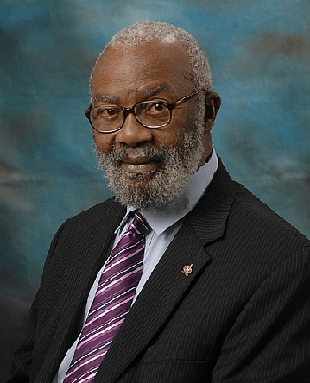Your natural talents are inborn and programmed in your subconscious mind. You have to discover your area of natural talent and ability and then develop it. On the other hand, skills are learnable. They are not genetically determined. You learn a skill by practice and repetition.
Your skill can make you known, admired and valued. Think of persons who have come to the limelight in their fields and observe what made them prominent. Proverbs 22:29 (Amplified) says, “Do you see a man diligent and skillful in his business? He will stand before kings; he will not stand before obscure men.” You are at your best when your skills are in tandem with your talents. According to Larry Bird, “A winner is someone who recognises his God-given talents, works his tail off to develop them into skills to accomplish his goals.”

A skill may be defined as an ability and capacity acquired through deliberate systematic, and sustained effort to smoothly and adaptively carry out complex activities or job functions involving ideas (cognitive skills), things (technical skills) and /or people (interpersonal skills).
Skills are broadly divided into hard and soft skills. Hard skills are learnt in the classroom through books or training materials or on the job. Examples are machine operation, typing, playing games and proficiency in foreign language. These skill sets are easy to quantify.
Soft skills are subjective and much harder to quantify and are also known as “people skills” or “interpersonal skills”. Examples are communication, leadership, motivation, patience and teamwork.
Many skills are dependent on one another. Sometimes you need to learn a skill you do not enjoy but it is needed for you to use other skills. For example, in order for me to obtain admission to study Pharmacy in the university, I had to work hard on my Physics, which I did not enjoy. But I needed it to go along with Chemistry and Zoology for the required combination. If you want to become a good journalist, the skill of interviewing people must be learnt.
Improving your skill in a certain area can cause remarkable improvement of your productivity and income. If you are weak in a particular skill that you need to excel, you can determine to learn it instead of allowing it to hold back your progress.
One skill I learnt in my secondary school (Dennis Memorial Grammar School, Onitsha) in the fifties was photography. Students had a variety of hobbies like shoe-making, bookbinding, tailoring, carpentry, agriculture, music and so on. We were encouraged to get involved in one or two hobbies, depending on our areas of interest.
I chose photography and we were assigned to a professional photographer (Ugha’s Photos) to learn various aspects of photography, including focusing, snapping, developing and printing. That experience became very relevant when I got into pharmaceutical journalism in 1979. Taking good photographs became one of my greatest advantages.
Many current university graduates are not employable because they lack certain skills required by employers but which they could not acquire in the university. Even graduates of professional courses need to sharpen their skills after their university programmes because employers are concerned with performance and productivity.
Employers are now giving soft skills the desired consideration during employment interviews. As a matter of fact, you cannot be a successful physician if you do not relate well with your co-workers and patients. Your attitude can cause you to lose your patients. This is one of the reasons the interprofessional relationship in the healthcare system of the country has been unacceptable, resulting in poor health services.
In order to move to the top of your field and achieve excellence, there must be a price to pay. It is the price of success which involves mastering a difficult skill you need to be the best at what you do. If you desire to master a skill, you need to read, learn and practise it regularly. The more you practise what you learn, the faster you will become more competent and skilled in that area. The more you practise, the more confidence you will develop.
I have, on several occasions, tried to play the keyboard but never persisted in practising it steadily. After a long time of no practice, the little bit I learnt was forgotten. Then another session of learning was embarked upon. This is not a good way of acquiring a skill. There must be persistence and commitment to practise and improve in learning.









